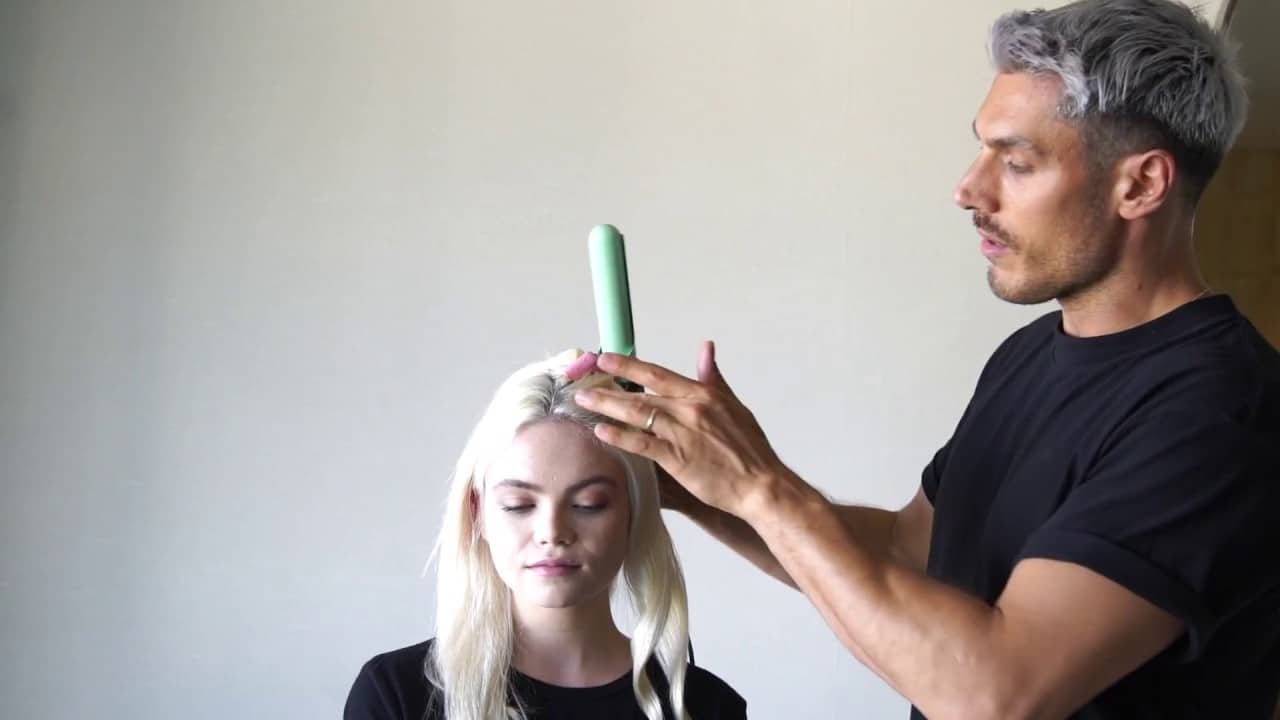 Psoriasis is a chronic skin disease characterized by red patches on the skin and often accompanied by silvery-white scales of dead skin cells. Psoriasis is an autoimmune disease wherein the body’s defense system mistakenly attacks healthy cells in the body. This leads skin cells that mature and die in less than a week, which is extremely rapid considering normal skill cells mature and replace dead ones usually in a month’s time. The buildup of dead cells on the skin’s surface is called plaque. While these can occur anywhere on the body, they are more common in some areas including the scalp. This is why psoriasis causes hair loss.
Psoriasis is a chronic skin disease characterized by red patches on the skin and often accompanied by silvery-white scales of dead skin cells. Psoriasis is an autoimmune disease wherein the body’s defense system mistakenly attacks healthy cells in the body. This leads skin cells that mature and die in less than a week, which is extremely rapid considering normal skill cells mature and replace dead ones usually in a month’s time. The buildup of dead cells on the skin’s surface is called plaque. While these can occur anywhere on the body, they are more common in some areas including the scalp. This is why psoriasis causes hair loss.
When psoriasis appears on the scalp, it is called scalp psoriasis. According to the American Academy of Dermatology, individuals with plaque psoriasis usually experience an outbreak on the scalp. Scalp psoriasis often requires treatment that’s not used to treat psoriasis on other body parts because the scalp skin is thicker than the skin on other parts of the body.
Signs and Symptoms of Psoriasis.
Psoriasis can be seen anywhere on the scalp. In some instances, small patches develop, which are easy to hide with hair. Scalp psoriasis also can cover the entire scalp. When psoriasis appears on the scalp, you may notice the following signs:
-
Dandruff-like flakes
– Scalp psoriasis can look like dandruff. Many people who have scalp psoriasis notice flakes as we do in dandruff. But there are differences between scalp psoriasis and dandruff. Scalp psoriasis causes a silvery sheen and dry scale on the scalp.
-
Dry scalp –
The scalp may go dry to such an extent that the skin cracks and bleeds.
-
Itching –
This is one of the most common symptoms of Psoriasis. In some cases, the itching is mild; while others may have intense itching that can disturb the everyday life and cause sleepless nights.
-
Bleeding –
Scalp psoriasis can be very itchy, and this is why scratching is obvious. Scratching can make the scalp bleed. Scratching also tends to worsen the psoriasis. It can make the patches thicker and larger.
-
Burning sensation –
The scalp can feel extremely sore, and you may get a burning sensation.
-
Temporary hair loss –
Psoriasis cause hair loss. Because of the intense itching, people scratch which in turn cause hair loss. Once the scalp psoriasis clears, hair usually regrows.
Dealing with Scalp Psoriasis
In order to help the patients get maximum benefit from treatment for scalp psoriasis, dermatologists often recommend the following tips to deal with scalp psoriasis:
-
Treating the psoriasis –
Psoriasis tends to itch and if psoriasis clears, the itch will stop. So, it is important to treat the psoriasis. Tell your dermatologist that the itch is unbearable and he will give you the best solution.
-
Shampoo gently –
People think that rubbing a shampoo on the scalp is the best thing to do, but it’s not. Rubbing, scratching or scrubbing your scalp tend to make scalp psoriasis worse.
-
Try not to scratch your scalp –
Scalp psoriasis can be extremely itchy, scratching, however, can make the psoriasis worse. Scratching can cause the scalp to bleed. This is the reason due to which psoriasis cause hair loss, which can become noticeable.
-
Using a scale softener –
A scale softener that contains salicylic acid can soften the stubborn, thick patches of psoriasis. Softening these patches also allows medicine that you apply to the psoriasis to work better. When applying a medicine to your scalp, make sure that you lift your hair out of the way. This helps ensure that you apply the medicine to your scalp and not your hair.
-
Try not to stress out –
A psoriasis flare-up can be stressful. Feeling stressed can make things worse. Dermatologists suggests that stress can worsen psoriasis. Stress can cause the hair on your head to fall out leading to bald patches. Finding ways to unwind can do wonders.


